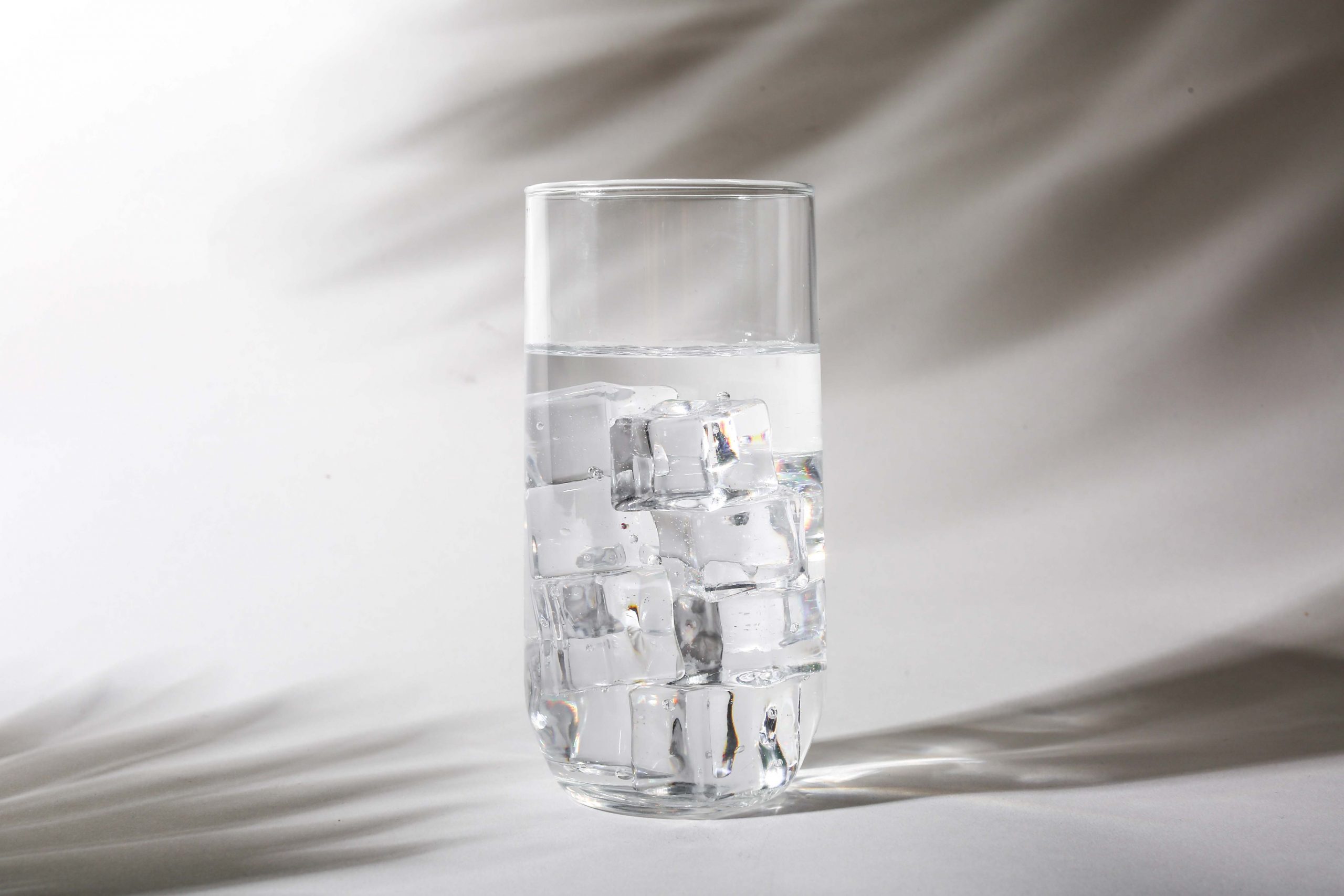
The Importance of Water
Water is a vital ingredient for life, we all know that. It makes up about 60% of our body and plays an important role in many of our functions. From regulating blood pressure and body temperature, through to providing lubrication and shock absorption for bones and joints and even acting as a medium for chemical reactions to occur. Water is crucially important for optimal health and function, and getting enough of it every day should be on top of everyone’s priority list.
So, how much is enough?
The old rule of eight glasses, or roughly two litres of water a day is a good place to start, but more recent research has shown that aiming for at least 2700 ml to 3700 ml spaced out over the course of the day is more likely to fulfill our hydration needs. Our needs can go up and down depending on our activity levels and sweat rate. Also, other factors such as age, birth sex and nutritional intake will change how much water a person needs to drink.
What happens if I become dehydrated?
We primarily lose water when sweating, breathing and when going to the toilet. Not drinking enough to replace this output, or if we are sweating, breathing and/or urinating at an abnormally high rate can potentially lead to dehydration. Less water means reduced blood volume, which in turn reduces blood pressure. This means that the nutrients and energy that the body needs are not being delivered as efficiently, and this can lead to fatigue and tiredness.
Dehydration also affects our ability to sweat, which is the primary way that our bodies cool down. If we can’t sweat enough, then the chances of overheating increase, which can lead to a host of other problems. Less water also means less lubrication and shock absorption for our joints, which can increase the wear and tear they experience. Also, as our brain is primarily made of water, being dehydrated shrinks its size. Coupled with reduced delivery of blood means that cognitive function and memory are impacted greatly.
Finally, extreme dehydration can be fatal, as it causes the body to shut down. Urgent medical attention is often needed to bring a person back to full health.
How do I get more water into my day?
There are some simple things you can do to help increase the amount of water consumed throughout the day:
- Have a glass of water before every meal
- Have a glass after going to the toilet
- Used a marked water bottle throughout the day to see how much you have drunk
- Place multiple glasses or bottles around your house or workplace. That way you are never far from a source of water
- Make water more palatable by adding fruit or a small amount of flavouring
- Change what you are drinking. Try sparkling water, or an electrolyte mix
- Eat more foods with a higher water content (apples, watermelon, celery, etc.). Remember, we don’t just drink water, it is in most of the foods we eat as well
When exercising, how much more water should I drink?
This depends on the exercise you do, the temperature and climate you are in and how long you are exercising for. Keep in mind that when exercising, you often sweat at a faster rate than you can drink water, but sipping fluids will help to delay dehydration. Drinking too much water at once or being too full of water when starting to exercise won’t help you keep hydrated. More likely than not, it will lead to you feeling sick and impact your performance.
After exercising for an extended period, you should aim to replace the fluid lost during the activity, plus 25 to 50%, over the next four to five hours. You can do this by weighing yourself before and after exercising. Times the weight lost by 1.25 to 1.5 and convert to millilitres (1gram = 1 millilitre of water). You can also speed up the rate at which water is absorbed by mixing it with electrolytes (sodium) or having some salty food. Salt pulls water with it, so consuming it at the same time increases the amount of water absorbed.
Can I drink too much water?
Yes, too much of a good thing is still too much. Most of the time, if you drink too much water at once, your body will get rid of it via urine, which can be annoying, as you will be looking for a toilet everywhere you go. In some rare cases, extreme water intake without adequate activity/sweating can cause hyponatremia. This is when the bodies electrolyte levels become so diluted that cell function and electrical signalling in the body become affected. This is very serious and can result in seizures, coma and potentially death. You do not need to drown yourself in water, the goal is to drink an adequate amount throughout the entire day and aim for a pale-yellow urine colour.
Final word
It is a non-negotiable that we should be drinking or consuming water regularly throughout the day. How much we need will differ depending on our individual traits and activity levels, but it should be everyone’s goal to drink enough. Hopefully, the tips and information in this article help you to find out just how much enough is.
References
McNeil-Masuka, J., Boyer, T, J. (2022). Insensible Fluid Loss. National Library of Medicine. Retrieved April 4, 2023 from https://www.ncbi.nlm.nih.gov/books/NBK544219/
Sports Dieticians Australia. (n.d.). Fluids in Sport. Retrieved April 5, 2023, from https://www.sportsdietitians.com.au/factsheets/fuelling-recovery/fluids-in-sport/
Shoemaker, S. (2020, August 19). 12 Simple Ways to Drink More Water. Healthline. Retrieved April 5, 2023, from https://www.healthline.com/nutrition/how-to-drink-more-water



